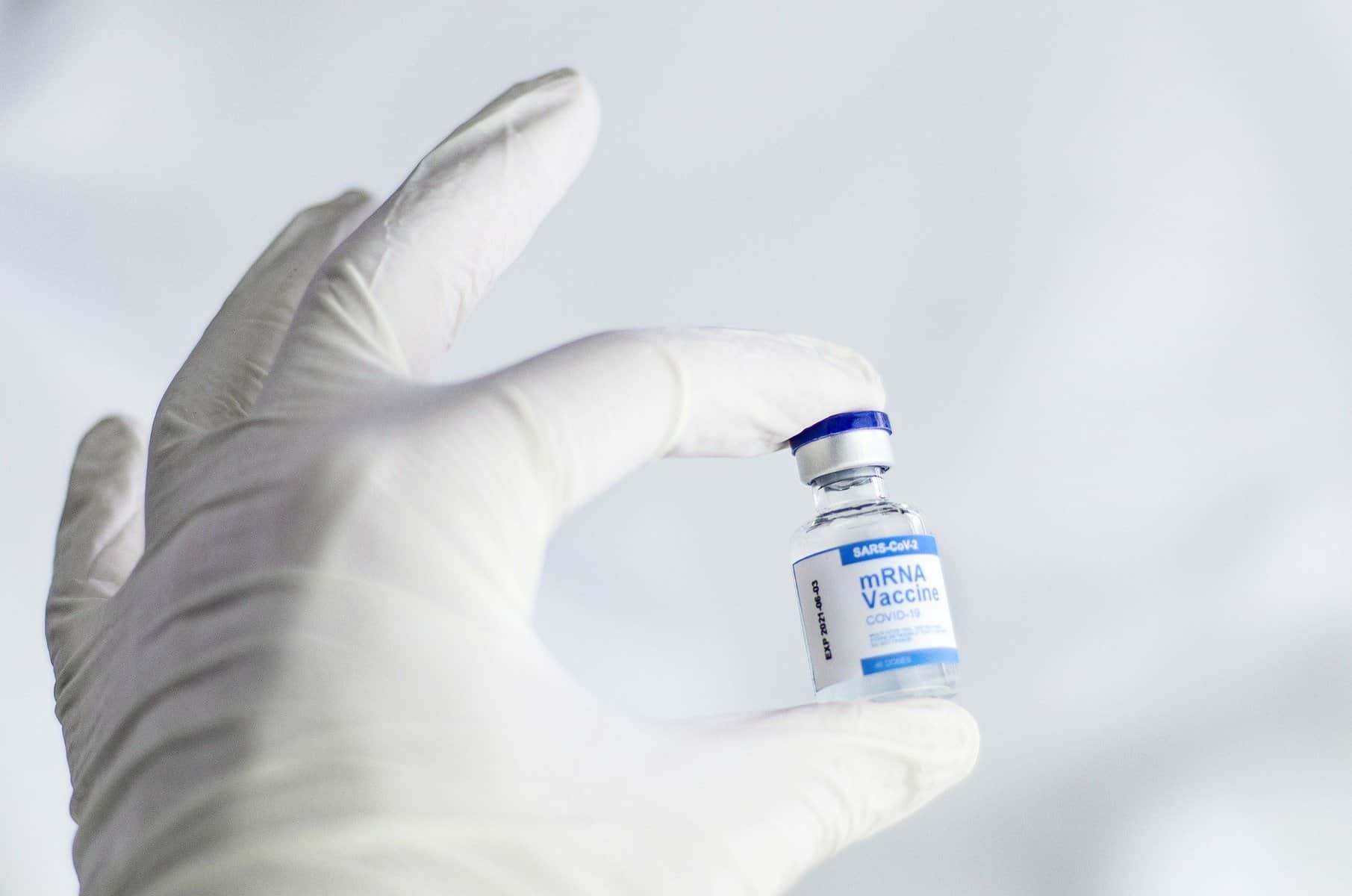The WHO adds that additional injections are safe but “the returns in terms of health are small”.
The World Health Organization (WHO) has published its new recommendations in terms of vaccination against Covid-19.
She thus considers that adults in good health do not need an additional vaccine dose, except of course the primary vaccination and a booster. Indeed, the health benefits are considered minimal.
At the end of last February, the High Authority for Health in France no longer recommended the vaccine for the general population.
Covid recommendations: which people are concerned?
Experts specify that these are people under 60 and children and adolescents with comorbidities, aged 6 months to 17 years.
The WHO adds that the new recommendations of the Strategic Advisory Group of Experts on Immunization (SAGE) correspond to the impact of Omicron and the high level of immunity achieved in the world population due to infections and thanks to vaccination. .
One dose for high risk subjects
On the other hand, these people are invited to a new dose, after the initial vaccination regimen and a first booster: people over 60, other adults with comorbidities, immunocompromised people, pregnant women and health professionals.
As for the time interval, SAGE recommends between 6 and 12 months between boosters depending on comorbidities.
New vaccines researched
While 13.3 billion doses have been administered globally, the WHO is researching new vaccines that are intended to span multiple variants and are bound to perform better against infection and transmission.
New ways of administering them are also the subject of research, whether nasal, cutaneous or oral.
Joachim Hombach, executive secretary of SAGE, spoke about two nasally administered vaccines, one of which is used in China:
We know they are immunogenic… but what we really need is data that actually studies the impact on transmission – because it could indeed make a big difference.

